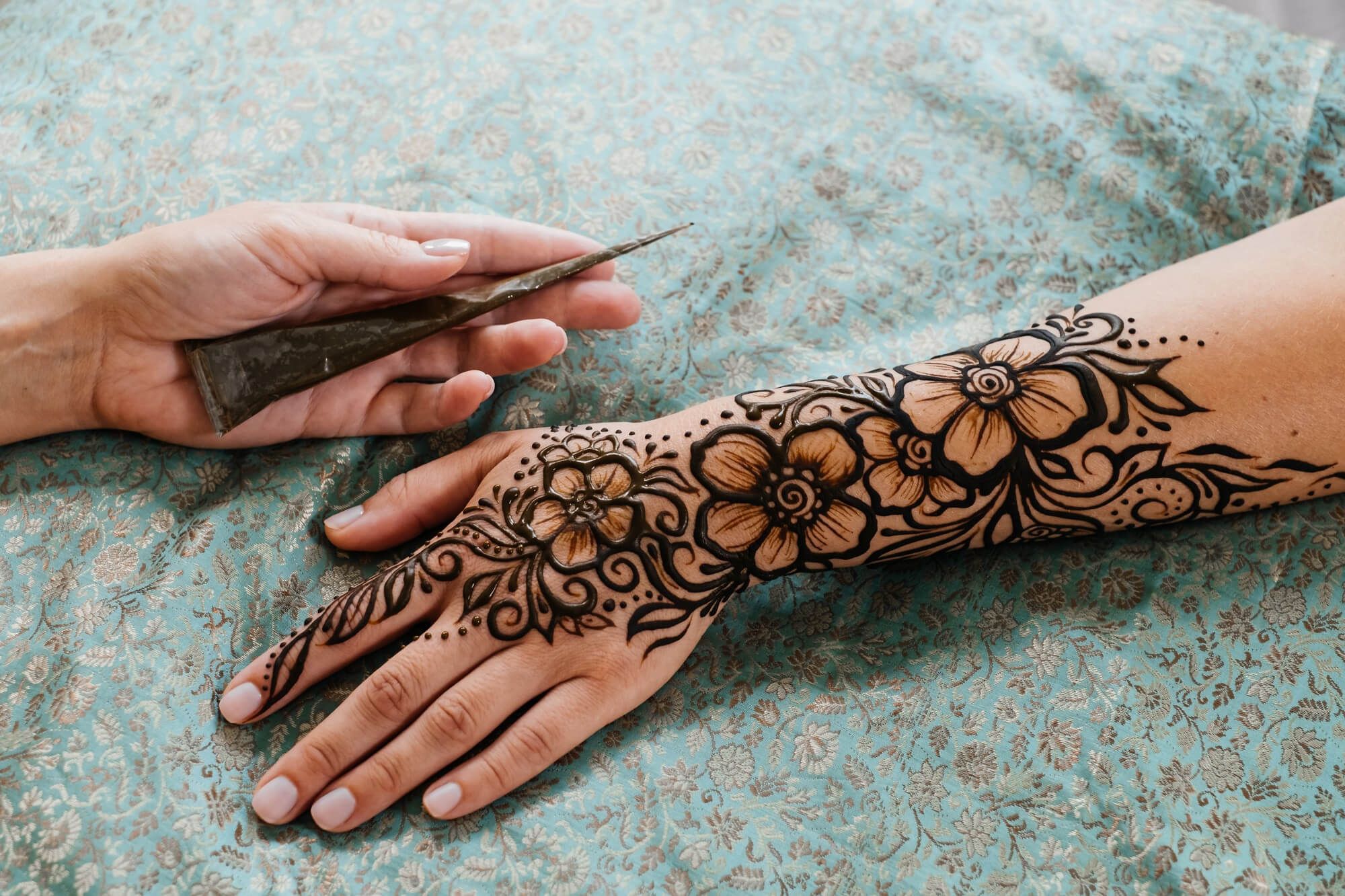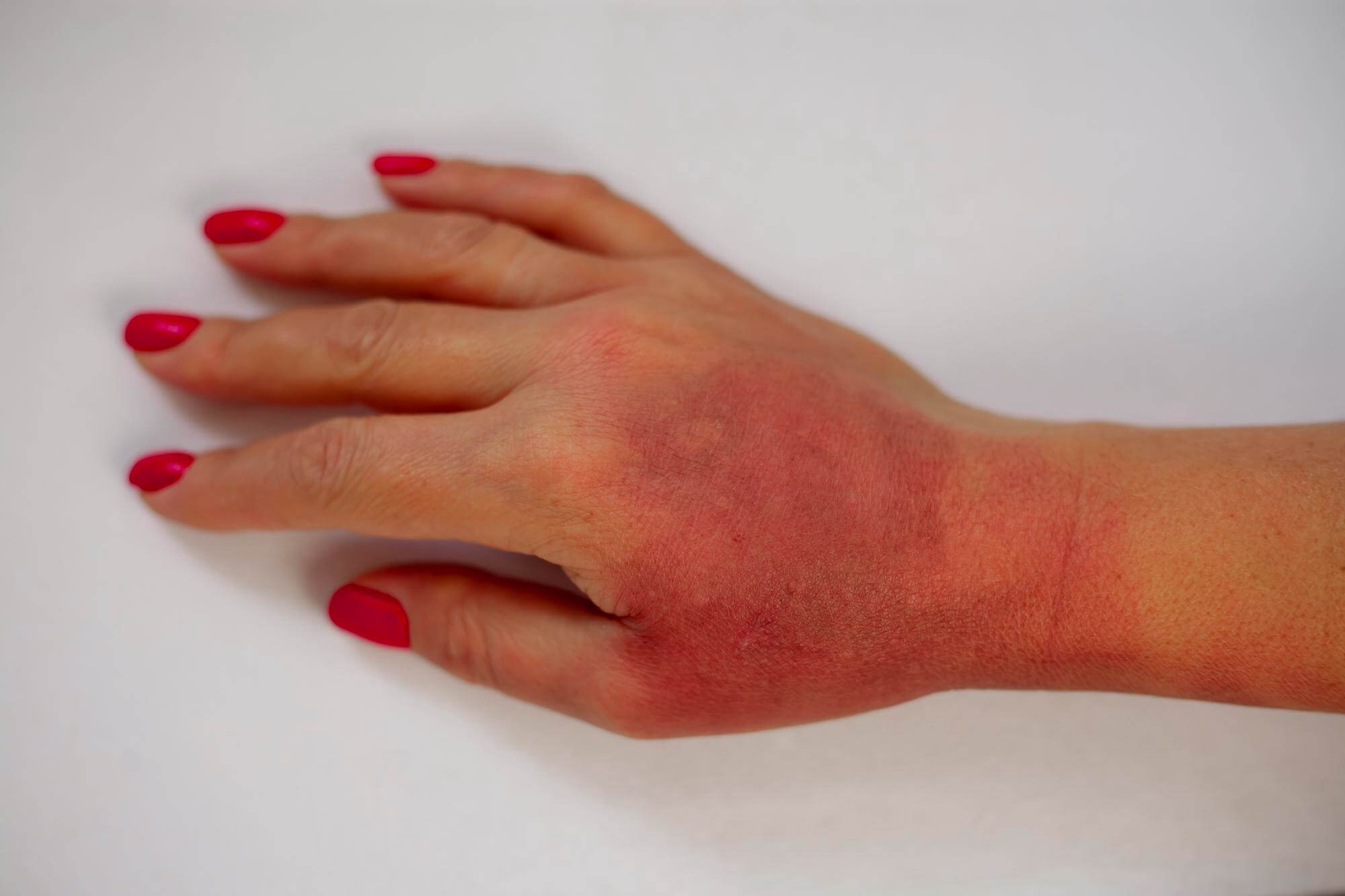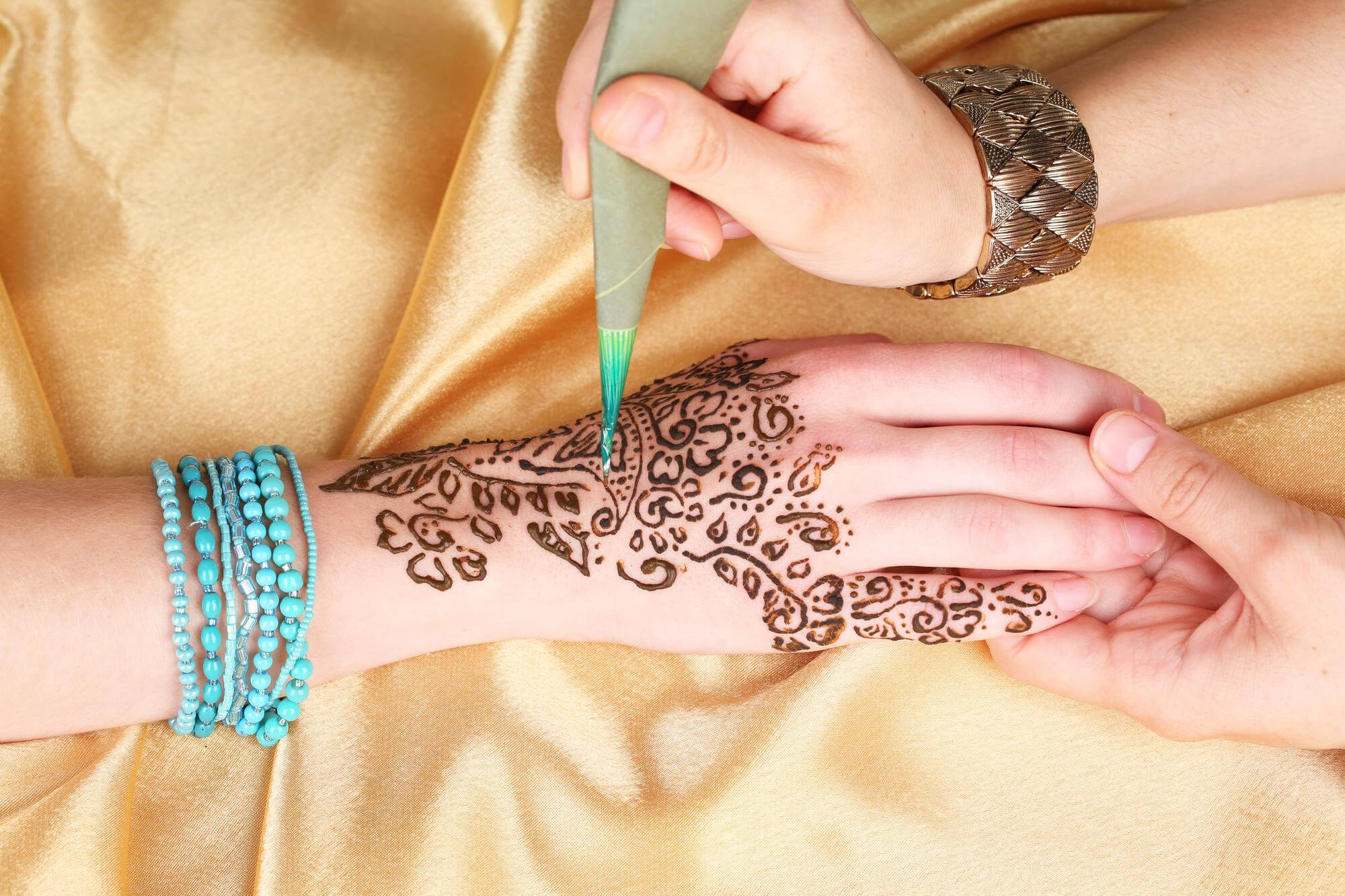Allergies to henna: tips to protect your skin and hair


Eva Zakharova
A henna allergy is a reaction of the immune system to contact with the substance. Although henna is considered a natural and safe dye, in some cases henna allergies can occur.
What is henna and how is it used?
Henna is a natural dye derived from the plant Lawsonia inermis. It is used to color hair, nails and skin. Henna is also used as a temporary tattoo dye and to create traditional patterns on the skin in some cultures.
What are the symptoms of a henna allergy?

A henna allergy can manifest with a variety of symptoms, including itching, redness and inflammation of the skin. In more severe cases, blisters, swelling and even anaphylactic shock may occur.
How to prevent an allergic reaction to henna
- To avoid contact with henna, learn about the composition of cosmetic products before use and avoid products containing henna.
- Choose henna only of natural origin and from reputable brands that list the full composition of the product. This can reduce the risk of allergies to henna.
- Before using henna on large areas of skin, test for allergies by applying a small amount of product to the inside of your elbow and wait 24 hours.
Diagnosis of allergy to henna
- Blood can be tested for antibodies associated with henna allergy. Skin tests are also used.
- A skin test for henna allergy is done by applying a small amount of henna to the skin and evaluating the reaction. The doctor may observe possible allergy symptoms such as redness, itching, or inflammation.
- Additional diagnostic methods may include blood tests for allergy-related antibodies and a patch test using other substances that can cause allergies.
Treatment of henna allergy

Depending on the symptoms of the henna allergy, your doctor may prescribe antihistamines (such as Cetirizine or Loratadine), glucocorticoid ointments (such as Hydrocortisone or Betamethasone) or, for severe reactions, corticosteroid drugs in pill or injection form.
Some antihistamines and ointments with low concentrations of hydrocortisone are available without a prescription. However, if allergy symptoms occur, it is advisable to consult a doctor for proper diagnosis and prescription of appropriate treatment.
What alternative therapies can help with henna allergy?
Alternative henna allergy treatments may include the use of herbal ointments and creams with anti-inflammatory and soothing properties, such as calendula, aloe vera or tea tree oil. However, before using such products, make sure that they do not cause allergic reactions in you.
Preventing henna allergies

To prevent henna allergies, a number of precautions should be followed. Avoid contact with henna if you are allergic, or if you have had an allergic reaction to henna in the past. When choosing a henna, give preference to proven manufacturers and study the composition of the product. Do an allergy test before using henna on large areas of your skin.
It is important to remember that an allergy to henna can manifest itself in different ways and have varying degrees of severity. If you experience allergy symptoms after using henna, see your doctor for an accurate diagnosis and treatment. By taking precautions and taking care of your health, you can enjoy the benefits of using henna without fear of allergic reactions.
Allergies to henna are very real, and the symptoms can be varied. You need to choose products that contain henna carefully and test for allergies before use. In case of allergic reactions, consult a doctor and follow his recommendations. This way, you can enjoy all the benefits of henna without fear of possible allergic reactions.
New materials
Popular Articles
We recommend reading
Contact us in the Contact Us section to ask questions, offer ideas, or for more information about our allergy resource.
Our articles are your trusted source of allergy knowledge. Learn how to make life with allergic reactions easier on our specialized portal.
©
Lechenie-Allergii.com. All rights reserved.
© Lechenie-Allergii.com. All rights reserved.
The information on this site is for informational purposes only and is not a substitute for professional medical advice. We recommend consulting with qualified medical professionals for accurate information and advice.
 English
English  Українська
Українська  Русский
Русский 









